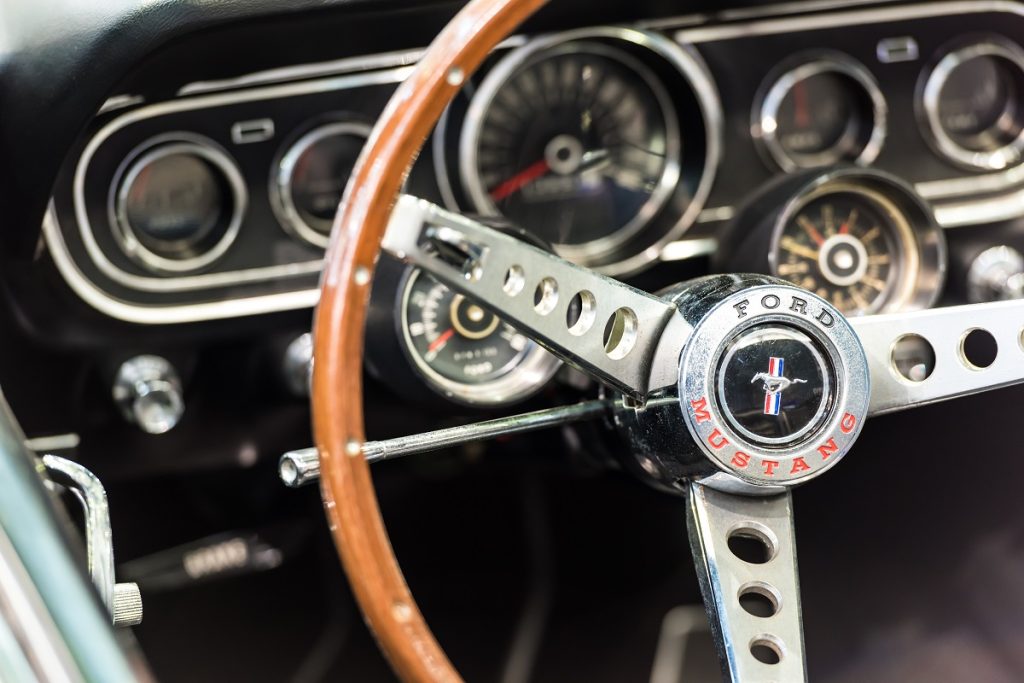- Cars can last between 200,000 and 300,000 miles, depending on maintenance and type of car.
- Common car problems include dirty fuel injectors, bad alternators, poor ignition coils, clogged air filters, and low fluid levels.
- Regular maintenance, such as fluid checks and replacements, can extend the life of your car.
- Certain tests and regular inspections by a qualified mechanic can identify potential problems early.
- Promptly addressing issues with your car can prevent further damage and save you from costly repairs.
A car is an essential tool in people’s daily lives. It helps people move from one place to another quickly and conveniently. However, sometimes your car can develop issues that make it run problematically. When your car is not running smoothly, fixing it can be frustrating and costly. Here’s how long cars usually last, why your car is running problematically, and your options to proactively deal with these problems.
How Long Do Cars Today?
Standard cars nowadays can last between 200,000 and 300,000 miles. This depends on how well you maintain your car and the type of car you have. Regularly changing the oil and tires, checking for air pressure in tires, and properly cleaning out your car help ensure it will last longer.
Reasons Your Car is Running Problematically
There are several reasons why your car may be running problematically. Here are some of them:
1. Dirty Fuel Injectors
Fuel injectors play a vital role in keeping your engine running smoothly. They spray fuel into the engine at precisely the right time and in the right amount. However, over time, gasoline deposits can build up on the tips of the fuel injectors, causing them to clog. This can lead to poor fuel efficiency, engine misfires, and stalling.
2. Bad Alternator

An alternator is responsible for charging the battery and powering the car’s electrical system. A bad alternator can cause the battery to drain, leaving you unable to start your engine. If you notice your battery warning light come on or dimming headlights, your alternator may be the culprit.
3. Bad Ignition Coil
The ignition coil generates the spark needed to ignite the fuel in the engine’s combustion chamber. Without a proper spark, the engine may misfire or not start. If you’re experiencing problems with your car starting or running smoothly, checking your ignition coil is a good idea.
4. Clogged Air Filters
The air filter is responsible for filtering out dust and debris from the air intake before it enters the engine. Over time, the air filter can become clogged, which reduces airflow into the engine and can cause a decrease in engine performance and power.
5. Low Fluid Levels
Your car relies on various fluids to keep it running smoothly. These fluids include oil, coolant, transmission fluid, and brake fluid. Low levels of these fluids can cause various problems, from engine overheating to brake failure.
Proactive Ways to Keep Your Car Running Smoothly
Maintaining your car is the best way to ensure it lasts and runs smoothly. Here are some proactive steps you can take to keep your car running correctly:
MOT Testing
You must know that your car is healthy. One way is through reliable MOT testing with services and repairs. MOT is a kind of test that looks into the overall condition of your car, including engine performance, brakes, lights, and suspension.
Regular Inspections
In addition to MOT testing, it is also essential to have regular inspections by a qualified mechanic. This allows them to identify any potential problems before they become serious issues. This helps keep your car running smoothly for the long term.
Regular Maintenance

Regular maintenance is another way to keep your car running smoothly. This includes checking fluid levels, changing the oil regularly, and replacing air and fuel filters as needed. Additionally, you should check that all lights are working properly and that all tires have sufficient air pressure. Taking these proactive steps can help prevent major problems from occurring in the future.
Stay on Top of Repairs
Finally, it is important to stay on top of any repairs that may be needed. If you notice a problem with your car, such as a strange noise or vibration, have it checked out by a qualified mechanic right away. Doing so can help prevent further damage and costly repairs.
Taking care of your car and staying on top of necessary maintenance can help keep your car running smoothly and help you avoid costly repairs. Regularly checking your car for potential problems, having it tested, and staying on top of any necessary repairs can help ensure it runs at its best for the long haul.







